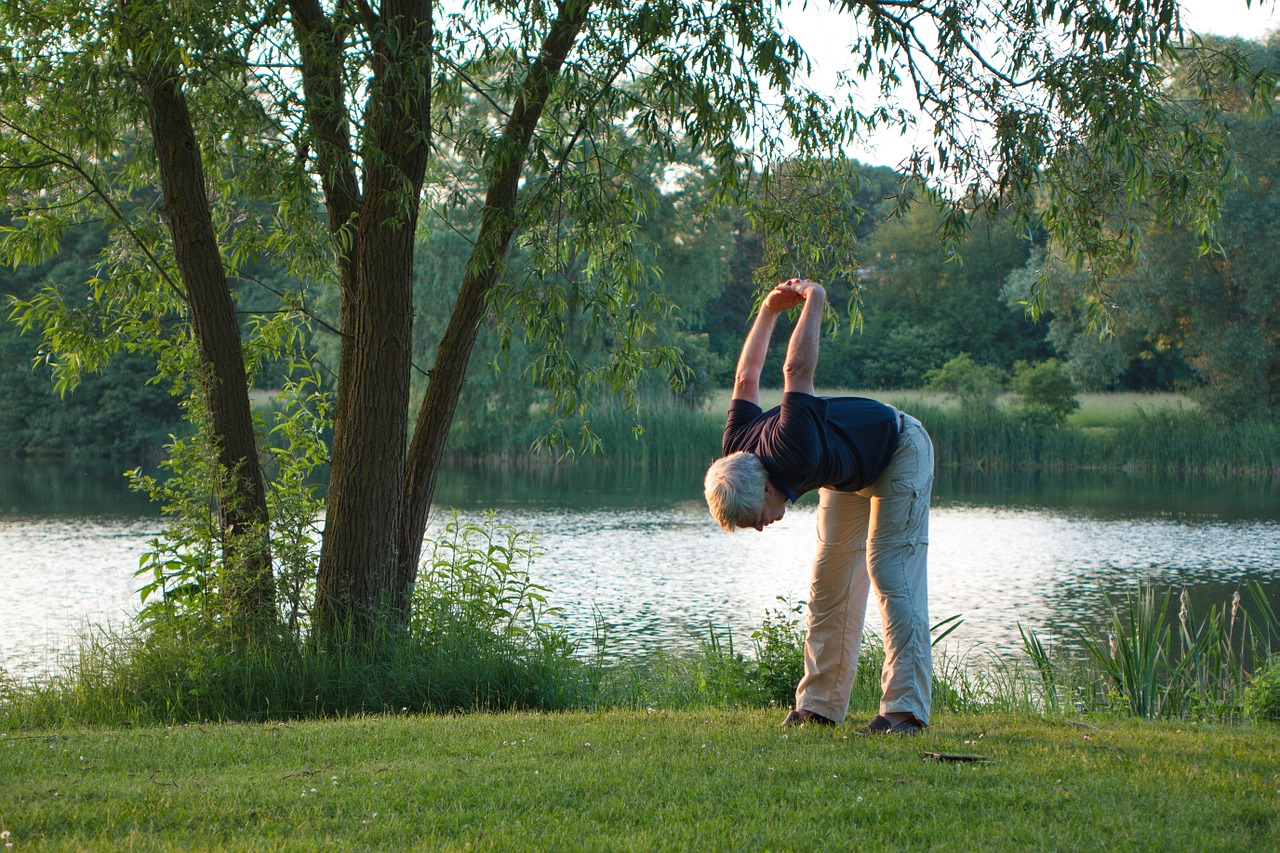Taking calcium and vitamin D supplements don’t do anything for bone growth and strength, researchers say.
Led by Dr. Jia-Guo Zhao of Tianjin Hospital in northeastern China, a team scoured clinical trials, reports, systematic reviews and studies over the past ten years in efforts to find evidence that calcium and/or vitamin D prevent bone fractures.
The analysis focused on adults over the age of 50 who live on their own, and identified 51,145 people in the studies, the Los Angeles Times reports. Fractures are a problem for this age group – studies have shown that 40% of women over 50 will have at least one “major osteoporotic fracture” at some point in their older adult lives, and that among those who break a hip, 20% died within one year of the injury.
In 14 trials that tested calcium supplements versus placebos or no treatment, there was no significant difference in the use of calcium pills and the risk of experiencing a broken hip. There was also no link between calcium supplements and fractures of the spine or other bones.
The researchers accounted for gender, past fractures, amount of calcium in the participants’ diets and any dosage of calcium pills, and found no clear sign that the supplements were helpful.
Seventeen other trials focused on the role of Vitamin D, which helps the body absorb calcium. There was no statistically significant link between Vitamin D and hip fracture risk, either.
Then 13 other trials where participants took a combined calcium-vitamin D supplement also showed no marked difference between supplement use and fracture risk of any kind, even with factors like gender, dietary calcium, baseline levels of vitamin D and so on.
Using calcium and vitamin D may be useful for seniors in nursing homes or residential care facilities. But the results are clear, the researchers say, for adults who live on their own, that, “These findings do not support the routine use of these supplements.”
The study was published in the Journal of the American Medical Association.
























